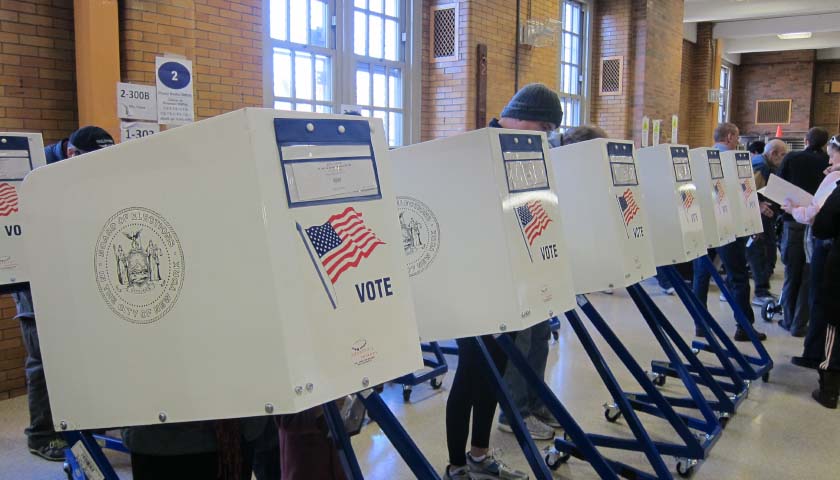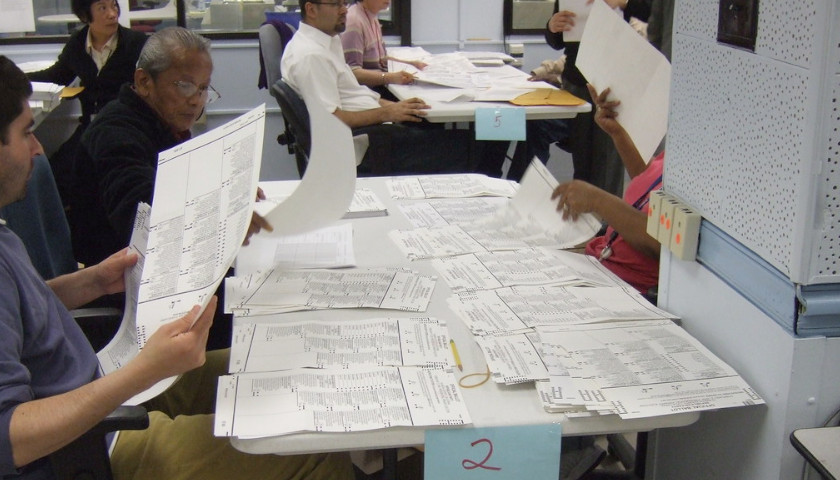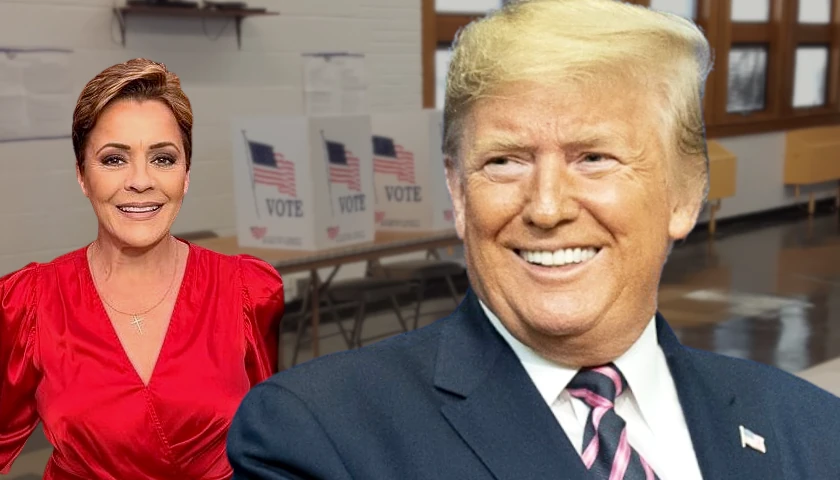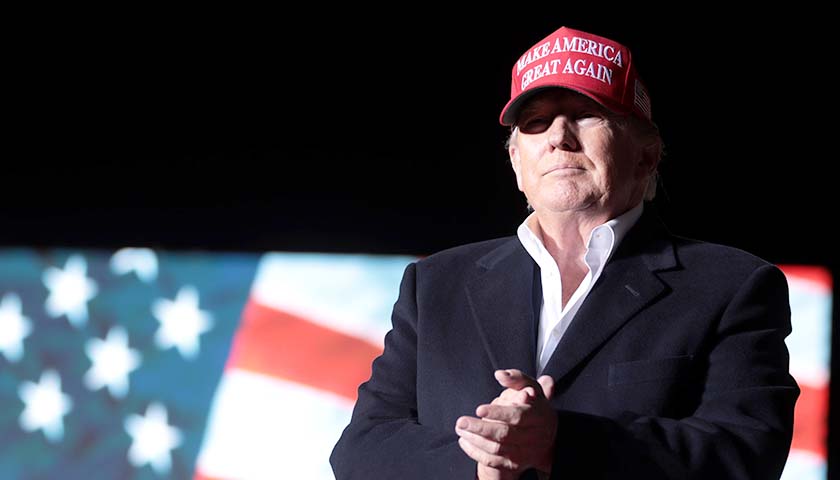Two initiatives sponsored by progressives are still on the Arizona ballot for now, after judges rejected challenges from conservative groups challenging them. The “Voters Right to Know Act” (VRKA), which adds new disclosure requirements regarding campaign contributions, was challenged over submitting incorrect campaign addresses. The “Protection from Predatory Debt Collection Act” (PPDCA), which is backed by a California-based employee union and makes broad changes to debt collecting laws, was challenged for an “inaccurate and misleading” ballot description.
Despite the adverse rulings, attorneys say they plan to appeal.
President Scot Mussi, president of the Arizona Free Enterprise Club which filed the lawsuit against VRKA, said there is another reason the ballot initiative may ultimately fail. “The practical implications of it is that this information will be used to dox, harass and intimidate anyone for supporting various organizations,” he said Monday. He cited a U.S. Supreme Court decision from last year that rejected California’s effort to have nonprofits identify their major donors.
The VRKA would require any nonprofit or political party spending $50,000 or more on any combination of statewide races to disclose all donors who contributed more than $5,000 to a campaign, regardless of whether the money was passed through intermediary groups. In local races, the threshold would be $25,000. Terry Goddard, a Democrat who previously served as the mayor of Phoenix and Arizona Attorney General, is behind it.
The lawsuit was filed against VRKA in August by the Arizona Free Enterprise Club, Americans for Prosperity, the Center for Arizona Policy Action, and the Goldwater Institute. They contend that petition circulators filed registration papers with the Arizona Secretary of State that provided the wrong address. A.R.S. § 19-118(B)(4) requires the “address of the committee” where service of process may be accepted, but the address provided by several circulators was Goddard’s law office. If the signatures from those circulators are disqualified, there will not be enough valid signatures left to qualify for the ballot.
Maricopa County Judge Joseph Mikitish decided the address was sufficient. He said in his Minute Entry, “The Court concludes that nothing in the statutes require the Committee to have only one address. For purposes of this objection, the only requirement is that circulators provide an address that may be used for service of process.” He also dismissed three other concerns the plaintiffs brought.
The Goldwater Institute filed the lawsuit against PPDCA, which challenged multiple aspects of the initiative’s description, including allegedly falsely stating that it would not change the state’s laws on secured debt. While law wouldn’t change regarding voluntary secured debt, such as mortgages, it “does make profound changes” to laws regarding involuntary secured debt, such as judgment liens,” the lawsuit argued. Another contention was that the description only indicated that it would only change the interest rate on medical debt, leaving out other types of debt that would be affected.
Maricopa County Superior Court Judge Frank Moskowitz disagreed with the plaintiffs in a Minute Entry, stating that secured debt was commonly understood to mean only debt that is voluntarily secured, so the description did not leave anything out.
Appeals of the two decisions may have a chance. An Arizona law was passed in 2017 that requires initiative campaigns to “strictly comply” with all laws, changing the previous “substantial compliance” standard long used by judges. Goddard tried to run a similar initiative in 2018, “Outlaw Dirty Money,” and it was disqualified after circulators didn’t show up to court to testify in a challenge. This is his fourth try at getting the initiative passed.
There is one other lawsuit pending regarding ballot initiatives. The Arizona Free Enterprise Club filed a lawsuit in July to knock a sweeping elections initiative modeled after the federal HR 1 off the ballot. The complaint alleged the PAC behind “Arizonans for Free and Fair Elections” committed seven statutory violations, including collecting over half the signatures illegally, and provides evidence that many of the initiative’s paid circulators provided false information or failed to register with the secretary of state. Mikitish is assigned to that case.
All election challenges must be resolved by Aug. 25, the ballot printing deadline for the November election. The Arizona Supreme Court will hear the appeals.
– – –
Rachel Alexander is a reporter at The Arizona Sun Times and The Star News Network. Follow Rachel on Twitter. Email tips to [email protected].
Photo “Voting Booths” by Joe Shlabotnik. CCNC2.0.





